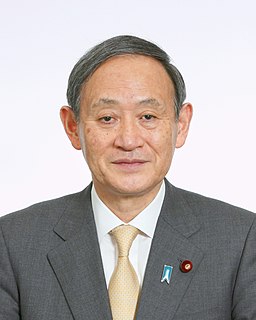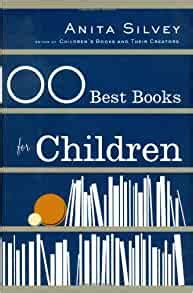A Quote by David Elkind
If it is to be done well, child-rearing requires, more than most activities of life, a good deal of decentering from one's own needs and perspectives. Such decentering is relatively easy when a society is stable and when there is an extended, supportive structure that the parent can depend upon.
Related Quotes
I suppose the most important thing, the heaviest single factor in one's life, is whether one's born male or female. In most societies it determines one's expectations, activities, outlook, ethics, manners - almost everything. Vocabulary. Semiotic usages. Clothing. Even food. Women... women tend to eat less... It's extremely hard to separate the innate differences from the learned ones. Even where women participate equally with men in the society, they still after all do all the childbearing, and so most of the child-rearing.
To you who are parents, I say, show love to your children. You know you love them, but make certain they know it as well. They are so precious. Let them know. Call upon our Heavenly Father for help as you care for their needs each day and as you deal with the challenges which inevitably come with parenthood. You need more than your own wisdom in rearing them.
The attempt to be an ideal parent, that is, to behave correctly toward the child, to raise her correctly, not to give to little ortoo much, is in essence an attempt to be the ideal child--well behaved and dutiful--of one's own parents. But as a result of these efforts the needs of the child go unnoticed. I cannot listen to my child with empathy if I am inwardly preoccupied with being a good mother; I cannot be open to what she is telling me.
The traditional paradigm of parenting has been very hierarchical, the parent knows best and very top down. Conscious parenting topples [this paradigm] on its head and creates this mutuality, this circularity where both parent and child serve each other and where in fact, perhaps, the child could be even more of a guru for the parent .... teaching the parent how the parent needs to grow, teaching the parent how to enter the present moment like only children know how to do.
Training moments occur when both parents and children do their jobs. The parent's job is to make the rule. The child's job is to break the rule. The parent then corrects and disciplines. The child breaks the rule again, and the parent manages the consequences and empathy that then turn the rule into reality and internal structure for the child.
It is tempting to believe that social evils arise from the activities of evil men and that if only good men (like ourselves, naturally) wielded power, all would be well. That view requires only emotion and self-praise - easy to come by and satisfying as well. To understand why it is that 'good' men in positions of power will produce evil, while the ordinary man without power but able to engage in voluntary cooperation with his neighbors will produce good, requires analysis and thought, subordinating emotions to the rational.






































